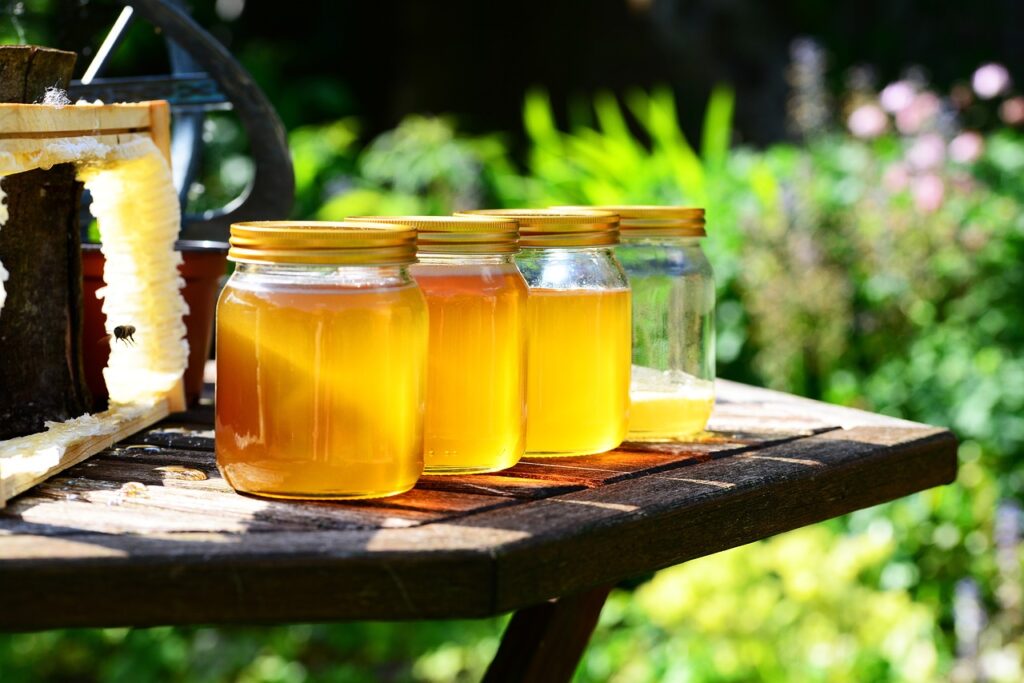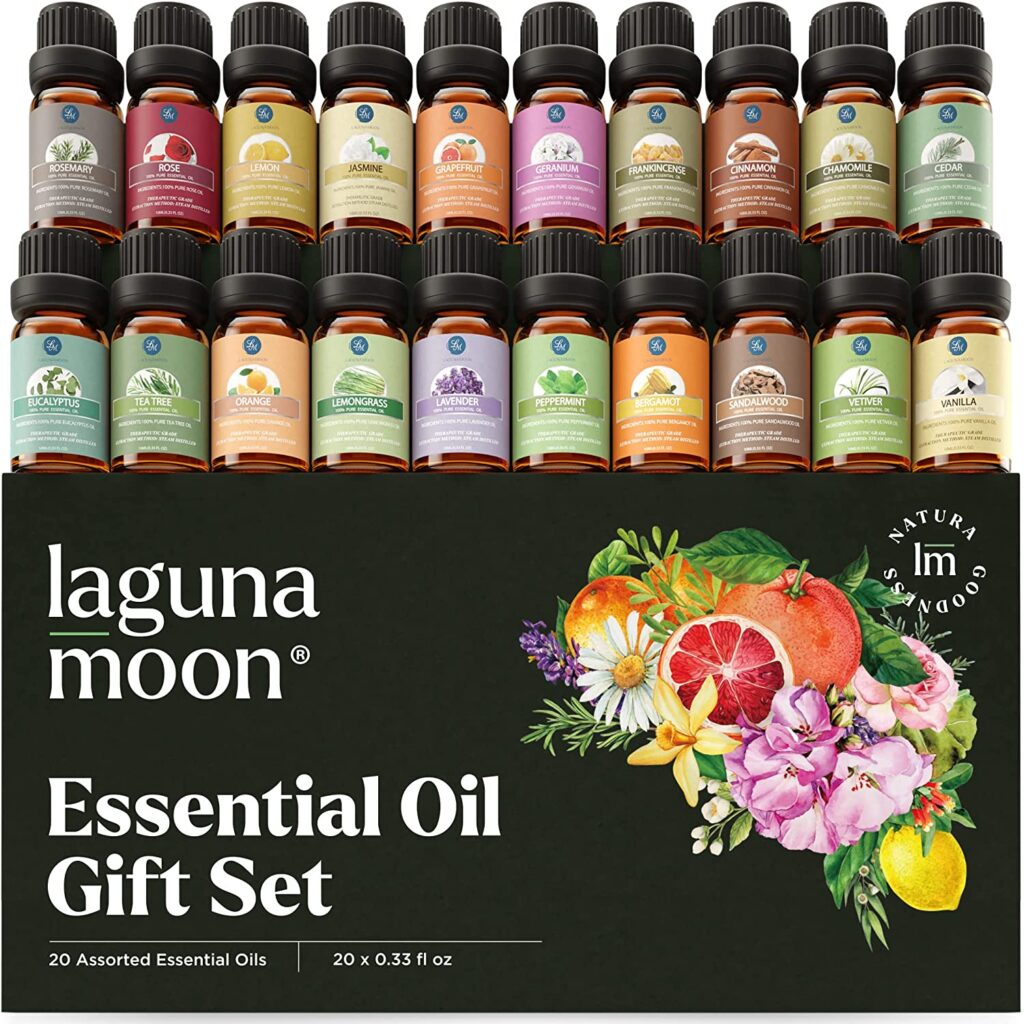Dealing with allergies can be a real challenge, particularly during certain seasons. However, there’s no need to let them dampen your spirits! Luckily, nature has provided us with numerous remedies that can offer relief without resorting to medication. Here, we will explore 8 natural seasonal allergy home remedies that will leave you breathing easy and smiling again!
Natural Seasonal Allergy Home Remedies
As the seasons change, so do our allergies. Spring brings a wave of pollen and dust, triggering the dreaded seasonal allergies. Sneezing, itchy eyes, and a runny nose become the norm for many people during this time of year. But fear not, there are plenty of natural seasonal allergy home remedies that can provide you relief.
Note: Some of the links here are affiliate links. There’s NO additional cost for you, but it does help our team to earn some coffee money to help write more health tips for you.

1. Local Honey
Local honey is often considered a natural remedy for allergy relief due to its unique blend of pollen from the flowers in your local area. Consuming local honey is thought to help support immunity and provide relief from symptoms such as sneezing and runny noses. The concept behind this remedy is based on immunotherapy, where exposure to small amounts of an allergen can help reduce sensitivity to it over time. Add a spoonful to your tea or spread it on toast for a deliciously sweet and allergy-fighting treat.
2. Neti Pot
A neti pot is a natural remedy for allergy relief because it helps clear the sinuses and remove congestion. Warm saline solution is poured into one nostril and then flows out of the other nostril, flushing out irritants and allergens. This process helps to alleviate symptoms such as a runny nose, itchy and watery eyes, and congestion. It is a safe and effective method that has been used for centuries in traditional medicine. However, make sure to only use distilled water to avoid any potential hazards.
3. Peppermint
Peppermint, with its refreshing aroma, is more than just a delightful candy flavor. It has cooling effects on the body, which can help alleviate symptoms of seasonal allergies. Peppermint can also clear nasal passageways, fight germs, purify the air, and reduce bloating. Enjoy a cup of peppermint tea or add a few drops of peppermint essential oil to your diffuser. However, do exercise caution and consult with an expert, as peppermint essential oil can be dangerous for children and those with peppermint allergies.

4. Probiotics
Probiotics can provide natural relief for allergies by promoting a healthy gut and strengthening the immune system. Foods such as yogurt, kefir, and fermented vegetables contain probiotics that help maintain a balanced gut microbiome. A healthy gut microbiome plays a crucial role in modulating the immune response and reducing inflammation, which are key factors in allergic reactions. Incorporate probiotic-rich foods into your diet to help support your overall immune health and manage allergies.
5. Quercetin
Quercetin, a natural plant pigment found in foods like onions, apples, and berries, has anti-inflammatory and antihistamine properties. Consuming foods rich in quercetin can help alleviate allergy symptoms by reducing the production of histamine in your body. Quercetin can reduce allergy symptoms such as runny nose, watery eyes, and itching associated with hay fever and other forms of allergies. However, more research is needed to fully understand its effectiveness in treating allergies.
6. Elderberry Syrup
Elderberry syrup, made from the berries of the elderflower plant, is a natural immune booster that can help alleviate allergy symptoms. Its high vitamin C content and anti-inflammatory properties can provide relief from symptoms such as sneezing and itching. Try adding it to your favorite smoothie for a delicious boost. However, take note that it is important to use elderberry syrup as directed. Remember to consult with a healthcare professional before starting any new herbal remedies.

7. Vitamin C
Vitamin C acts as a natural antihistamine and antioxidant, which can help reduce inflammation and swelling in allergic reactions. It works by decreasing the production of histamine, a chemical released by the immune system during an allergic response. Several studies have shown that vitamin C can improve allergy symptoms such as sneezing, runny nose, itching, and congestion. Remember to consult with a healthcare professional before using vitamin C as a complementary therapy for allergies.
8. Eucalyptus
Eucalyptus is a natural remedy for allergy relief due to its antihistamine, anti-inflammatory, and decongestant properties. It helps to clear the nasal passages and reduce inflammation, providing relief from symptoms such as nasal congestion, runny nose, and sneezing. Eucalyptus oil can be used in a variety of ways, including inhalation, steam therapy, or diluted and applied topically. Its soothing and cooling effect helps to alleviate allergic reactions and promote easier breathing, making it an effective and natural choice for allergy relief.

Laguna Moon Essential Oil Gift Set
From calming lavender and soothing chamomile to refreshing eucalyptus, this set of 20 essential oils has something for everyone.
Prevention is Key
While all these natural remedies can provide relief, it’s essential to reduce exposure to allergens as much as possible. Keep windows closed during peak pollen times, vacuum regularly, and wash hands and clothes after spending time outdoors. Minimizing contact with allergens is the best way to stay ahead of the allergy game.
The Bottom Line
Who says allergies have to rain on your parade? With these natural remedies for allergy relief, you can take charge and enjoy life without the sneezing, itching, and congestion. From local honey to eucalyptus oil, nature has your back. So, breathe easy, smile again, and embrace the beauty of living allergy-free!
Your Must-Have Guide to Ailments, Diagnosis & Unexpectedly Effective Home Remedies
Authored by 2 real doctors and a survivalist prepper, The Home Doctor, will enable you to (1) find a common “antibiotics” plant, (2) diagnose the type of abdominal pain you have, and (3) do so much more.







